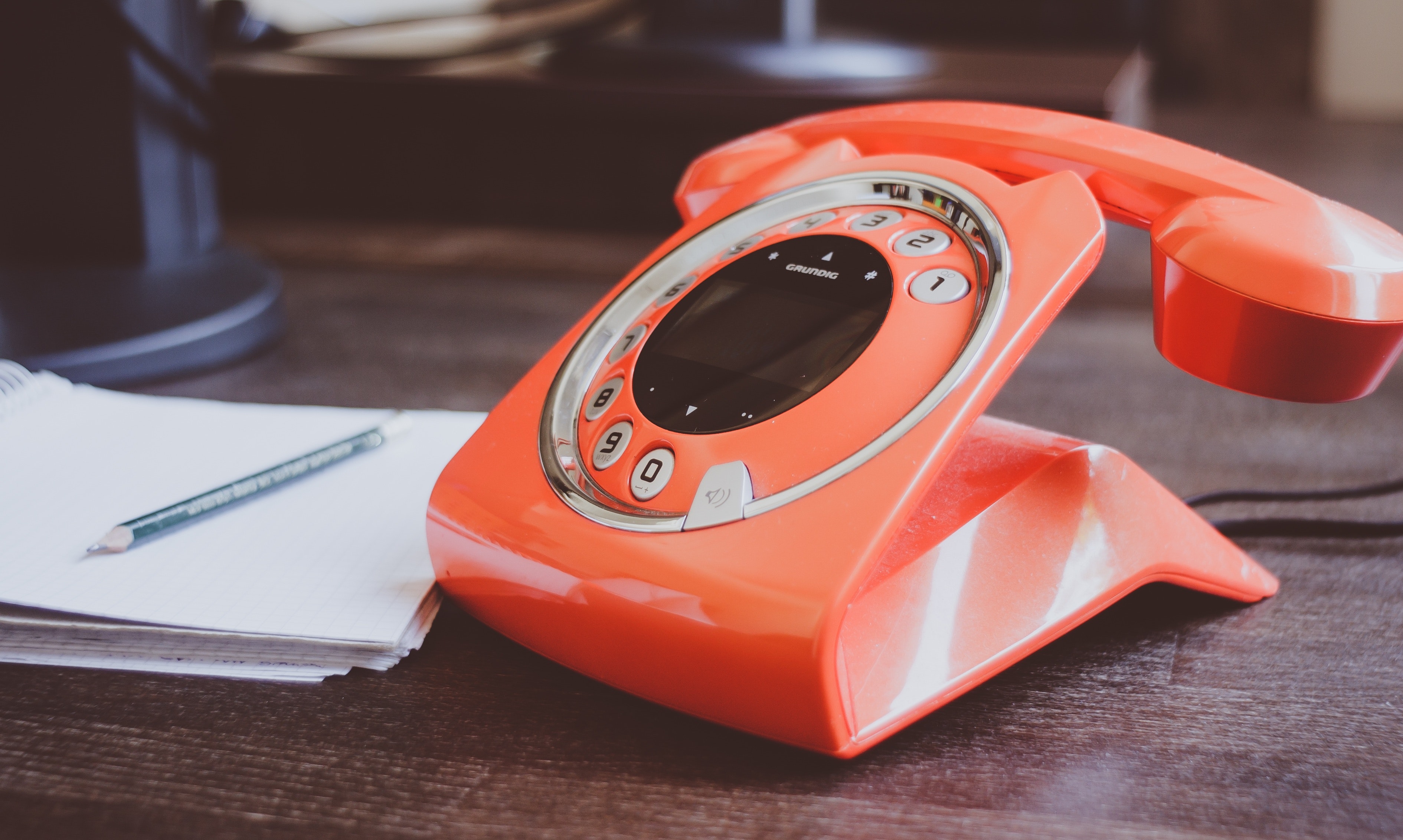In the ever-competitive world of business, effective customer relationship management (CRM) has become a pivotal aspect of achieving success. To excel in this domain, many businesses turn to CRM Dialers to streamline and optimize their customer interactions. However, simply having a CRM Dialer isn't enough; implementing it effectively is equally crucial. In this guide, we'll explore the best practices for implementing CRM Dialers and strategies for training and onboarding your team.
